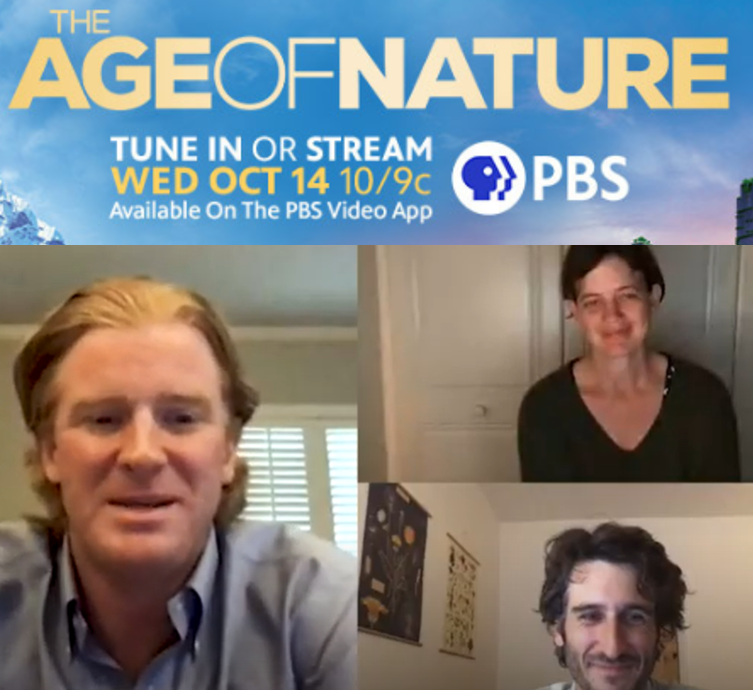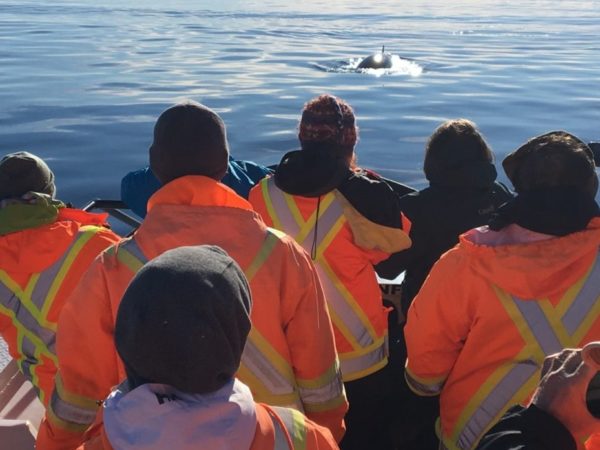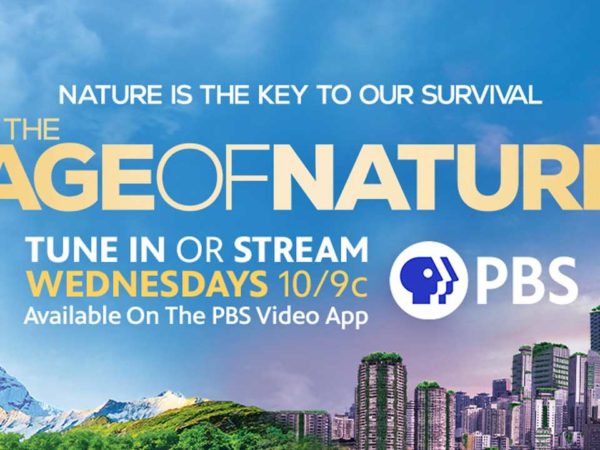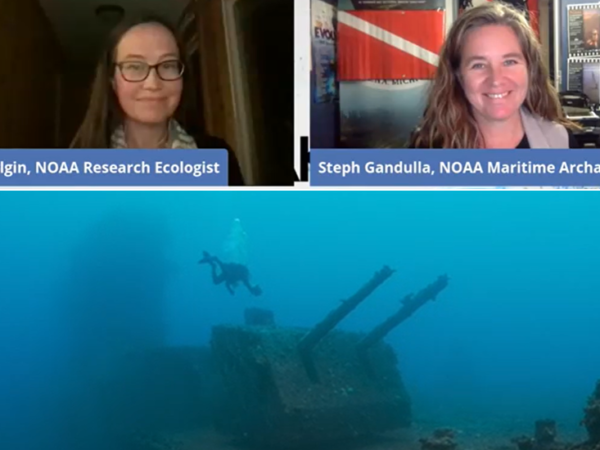
This article is published in conjunction with PBS’s “The Age of Nature” series which begins airing on Oct. 14.
Join Great Lakes Now‘s “Watch Party: Damming Decisions – A discussion about dam removals and what they mean for the environment” on Facebook on Monday, Oct. 19, at 7 p.m. EST. The author of this story along with two scientists will be participating in a Q&A where you can ask questions. Click HERE for more information. Catch the full watch party on Great Lakes Now’s YouTube channel HERE.
As they traveled the globe filming the three-part “Age of Nature” documentary, the series producers knew foreboding stories and failed projects were not going to make it onto the screen.
Series Producer Verity White and her team were looking for segments — many about water — that would show successful efforts to restore natural environments and improve habitats for critters, plants and humans.
“There’s a huge amount of positive stories out there to choose from,” White said. “We were very concerned to make a documentary series that was forward thinking that was going to have a positive aspect. We also wanted to go as global as possible. We really wanted to represent the world and find as many stories from as many different people as we could.”
Watch the full documentary on your local PBS station. More information about the series is HERE.
White and Pete Lown, episode producer and shoot director, spoke with Great Lakes Now Host Ward Detwiler about making “The Age of Nature” series which broadcasts on Wednesdays, Oct. 14, 21 and 28, 2020.
Here is an edited version of that conversation:
GLN’s Ward Detwiler: You produced the three-part “Age of Nature” documentary series that’s airing on PBS stations in October. What was the connection between the full project, the timing of it coming out in 2020 and the environmental issues and sites you chose to include?
Age of Nature’s Verity White: We cast the net pretty wide looking for our stories but there’s a huge amount of positive stories out there to choose from. We were very concerned to make a documentary series that was forward thinking that was going to have a positive aspect. We also wanted to go as global as possible. We really wanted to represent the world and find as many stories from as many different people as we could.
Some of the stories are historical, they go right back to the Panama Canal, which sort of started 100 years ago. Some of them were happening and we had to be quite reactive to them. It’s very difficult to present an overview of the state of the planet but that’s what we were trying to do.
WD: I thought you guys did a great job capturing just a lot of different issues, a lot of different narratives. I certainly learned a lot watching it. At Great Lakes Now, we focus on freshwater in our own system along the Canadian-U.S. border. Can you talk a bit about the freshwater issues in other parts of the world that you filmed for the Age of Nature series?
VW: What we’ve learned is that now as things warm up a little bit on the planet and as we start to put pressure on our resource, that freshwater is going to become an issue for everybody on the planet. That’s something that we can’t really deny any more.
WD: Sort of speaking of that, and with 1 percent of the water being drinkable and the Great Lakes certainly being one of the largest stores of fresh water, we were a little disappointed that your worldwide documentary didn’t include a little stopover on the Great Lakes. Did you consider any sites? What would make you bring the world’s attention to our part of the planet?
VW: Series Two will hopefully be there. It was tough to choose the footage that we chose. Apologies that we didn’t touch on you directly but hopefully some of the stories are at least relevant and resonated with your situation there.
WD: Several of those segments in the Age of Nature really did have relevance to the Great Lakes. In fact, we did a segment about dam removal in our latest monthly PBS program.
Watch it here:
Can you describe the dam removal project in The Age of Nature series. You went to the Pacific Northwest, right?
PL: That story was about the Elwha Dam. It sort of did many jobs at once. It had a historical depth to it. It connected the ocean ecosystem with the river and forest ecosystem.
It’s such a beautiful message. Those dams, they did a job 100 years ago. They’re not longer doing that job. How about we take them out of the way and let nature come back?
WD: Watching that on in particular, it was really incredible seeing the connection between what was going on kind of downstream with the river feeding the ocean and how it related to the orcas, and all the way back up to the bears and eagles and to the forest floor. I don’t think people really put all that together and then watching how quickly that rebounded after removing the dam was pretty remarkable.
Read more about dams on Great Lakes Now:
Dams Across the Great Lakes: End of the line for aging infrastructure?
Dam Investment: How does Michigan stack up against Great Lakes peers?
Michigan Dam Safety Task Force holds first virtual meeting
Midland Flooding: Climate change and rains exacerbate dam infrastructure issues




